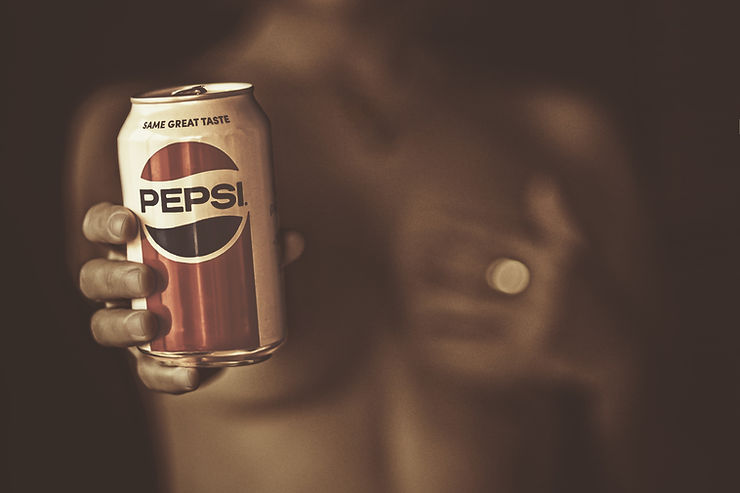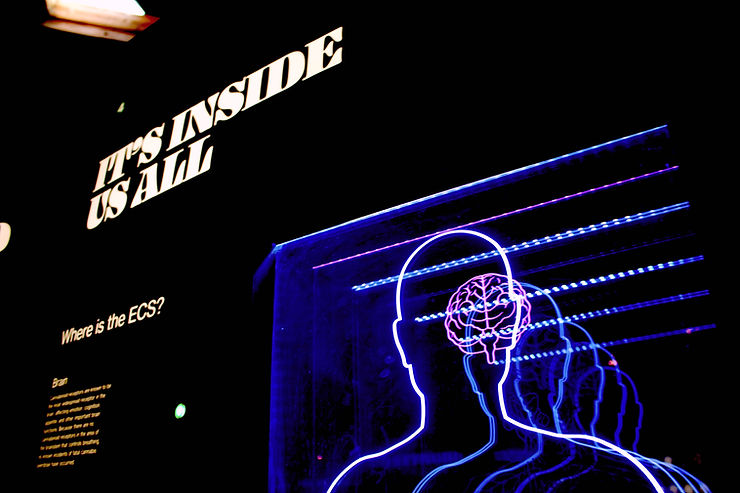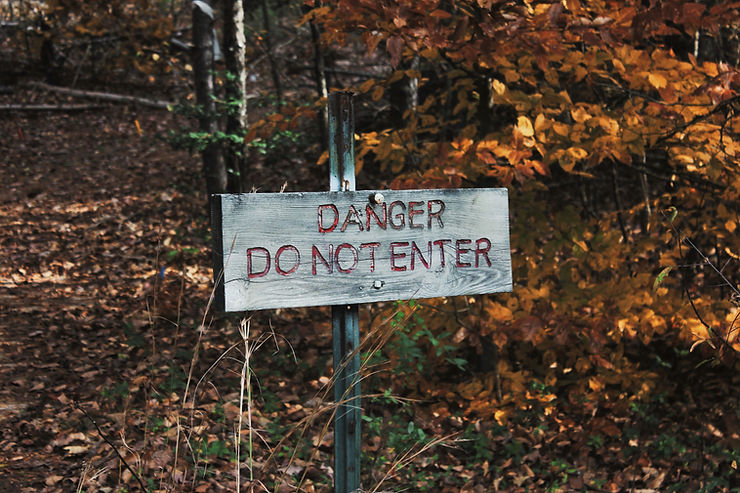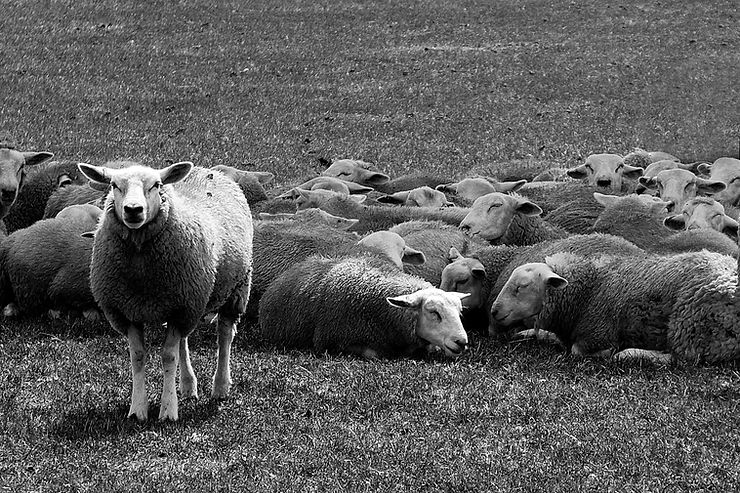Imagine an unlikely yet captivating love story that mirrors the intriguing dynamics of marketing.
It all began in a hospital, where my path crossed with that of Karen, a bubbly nurse, while she attended to my father. Drawn to her magnetic personality, I mustered the courage to invite her to join us for dinner, speaking in Mandarin, our shared language. Her warm smile remains etched in my mind as she gracefully declined, also in Mandarin. Little did I know that this encounter would ultimately lead to Karen becoming my wife.

Now, here's the interesting part: although both Karen and I speak Cantonese to our families and even our child, we instinctively communicate with one another in Mandarin. Attempts to switch to Cantonese felt unnatural and ended in failure. It became apparent that our brains possess a stubbornness that defies logic. And it is precisely this inherent stubbornness that holds implications for the world of marketing.
Consider the intriguing story of the Pepsi Challenge, which unfolded in 1975 with the ambitious goal of dethroning Coke. Shoppers in bustling malls were invited to participate in blind taste tests, comparing Pepsi to its formidable competitor, Coke. Surprisingly, most Americans found Pepsi to have a superior taste, a fact that Pepsi confidently integrated into their advertising campaigns. Yet, despite the better taste, Coke retained its place as the unrivaled king of colas. So, why did Pepsi fall short in its quest for dominance?

The answer lies in the field of Behavioral Economics, as revealed by acclaimed psychologist and Nobel Prize laureate, Daniel Kahneman. Our brains possess a unique mechanism for storing and processing information. Imagine these cognitive processes as organized cubicles, each housing specific categories or ideas. Pertinently, once information is stored within these cubicles, it becomes incredibly challenging to rearrange its order. When our brains retrieve information from a particular cubicle, they instinctively retrieve the first piece of information available. In the case of Karen and me, Mandarin became the first language residing in our shared mental space. Consequently, whenever we converse, Mandarin effortlessly becomes our default choice.

This very mechanism explains why Pepsi could not overthrow Coke's dominance. For most people, Coke resides in the primary cubicle dedicated to cola choices, while Pepsi is relegated to a secondary position. When individuals consider purchasing a cola, Coke instantly springs to mind. Only when Coke is unavailable do consumers reluctantly choose Pepsi. Even the persuasive results of the Pepsi Challenge struggled to alter this ingrained order of preference.
So, what does this mean for dropship marketing? Here are two crucial implications to consider:
1. Avoid the "Better Trap": Many of us, much like Pepsi, naively assume that a superior product will naturally triumph in the marketplace. However, the way our brains store and retrieve information reveals a different reality. To succeed, we must shift our thinking away from solely being "better" and explore alternative avenues to captivate our target audience.

2. Differentiate and Claim a New Cubicle: In a crowded marketplace, differentiating your offerings is vital. By strategically positioning yourself as the first brand within a new category, you can carve a distinct mental space for your products or services. Salesforce, for instance, became a trailblazer by offering CRM on the cloud, shifting the narrative away from traditional locally installed CRM systems. As a result, Salesforce's name effortlessly comes to mind whenever the need for cloud-based CRM arises, making them the category king.

Therefore, strive to be the pioneer in an uncharted category. Once you have accomplished this feat, the stubbornness of our brains can work to your advantage, just like in the case of Coke despite having a poorer taste.
Review your offering and give your store a new category name now. Instead of being better, try this new way to outperform your enemies today.


